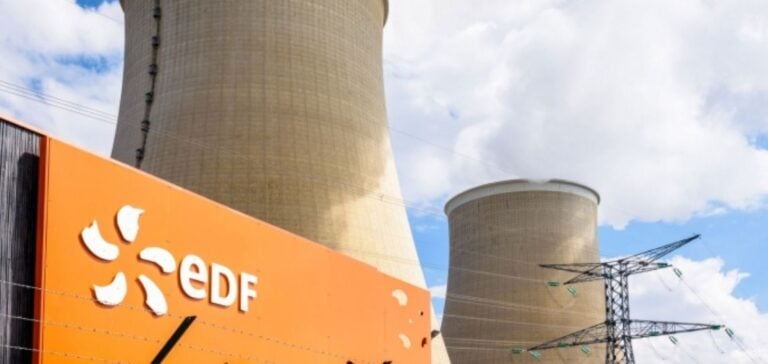EDF’s acquisition of General Electric’s (GE) nuclear activities marks a strategic turning point for France. Announced in 2022, this operation is designed to boost production and maintenance capacity for Arabelle turbines, which are essential for nuclear power plants. This process has been delayed by geopolitical considerations, notably opposition from the United States due to GE’s links with Rosatom, a Russian company. EDF and GE had concluded an “exclusivity agreement” to discuss the purchase of GE Steam Power, the nuclear arm of the American conglomerate. This acquisition will enable EDF to strengthen its position in the nuclear market and secure jobs in the French nuclear industry. Arabelle turbines, manufactured in Belfort, are essential for nuclear reactors, including the world’s most powerful model, used in theFlamanville EPR.
Economic and industrial issues
Arabelle turbines are a strategic asset for EDF. By recovering this activity, France is strengthening its energy sovereignty and securing jobs in the nuclear industry. The transaction will enable EDF to produce turbines not only for its own power plants, but also for the international market. Emmanuel Macron emphasized that this acquisition will enable the company to produce turbines for EDF and other customers, thereby boosting the profitability of the operation.
The news was welcomed by GE employees in Belfort, although questions remain about long-term industrial strategy. The CGT and CFE-CGC unions have expressed relief, but are awaiting clarification on future investments and the entity’s strategic direction.
Long-term outlook and international impact
In the long term, EDF plans to use Arabelle turbines to equip its new EPR2 power plants in France, while exporting this technology internationally. International reactions have been generally positive, with the European Union seeing this acquisition as a step forward for the continent’s energy security. This acquisition is part of a broader vision to revive nuclear power in France, with up to 14 new EPR2 reactors planned.
Emmanuel Macron said the deal would create thousands of jobs in the nuclear industry, consolidating France’s position as world leader in nuclear energy. He also announced that new announcements on the French nuclear program would be made at the end of the year, making the strategy more ambitious.
Technology and innovation
This acquisition will enable EDF to benefit from the latest technological innovations developed by GE, particularly in terms of energy efficiency and carbon emissions reduction. Arabelle turbines are renowned for their efficiency and robustness, representing a major competitive advantage for EDF in the global energy landscape.
The strategic importance of this acquisition is not limited to turbine production. It also represents a significant move towards more sustainable, environmentally-friendly energy production, reinforcing France’s commitment to the energy transition.
The finalization of this transaction, the amount of which has not been disclosed, is also good news for EDF. EDF CEO Luc Rémont emphasized that the new subsidiary, Arabelle Solutions, will deploy key maintenance technologies and services for EDF and other nuclear operators, in France and internationally.






















